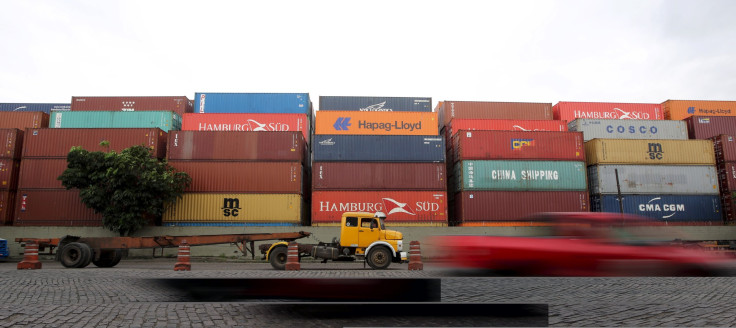Australia Economy Is Victim Of China Slowdown

The economy of Australia, a nation that had been so long dependent on China’s huge appetite for its commodity exports in past years, will fall victim to the continued slowing growth of the world's second largest economy, the World Bank said. The forecast come after federal Treasurer Joe Hockey said on Monday that prices of global iron ore could further drop to reach $35 a tonne, risking commonwealth revenue to drop by $25 billion over 4 years.
On Monday, the World Bank forecast Asia's largest economy, from 7.4 percent in 2014, will grow only to 7.1 percent in 2015, 7 percent in 2016 and 6.9 percent in 2017. The predictions will become China’s slowest pace of economic growth since the first quarter of 2009. When this happens, it will add more injury to Australia's deteriorating growth pace which started since the first quarter of 2014, spurred by the tumbling global prices of key export commodities, notably steelmaking key ingredient iron ore and coal. China is a major buyer of Australia’s iron ore and coal.
A further slowdown in China would affect Australia and its neighbours, including New Zealand, the global banking institution said. “The significant negative impact on Australia and New Zealand, among the world's largest commodity suppliers, would lead to indirect spillovers on the Pacific Island countries, given their tight links through trade, investment and aid,” the World Bank's East Asia and Pacific Economic Update predicted.
China is Australia’s largest trading partner for its biggest export iron ore and coal, and New Zealand’s for its milk powder and logs. The World Bank said that growth in the region could fall by 0.2 of a percentage point even as China's GDP growth gets slashed by even just a one-time one percentage point decrease. "The impact would be relatively larger for commodity exporters, and for economies more tightly integrated into regional supply chains," the bank said.
China is expected to release on Wednesday its first quarter gross domestic product data. It is also expected to release March data on retail sales, industrial production and fixed asset investment.
To report problems or to leave feedback about this article, email: e.misa@ibtimes.com.au.




















